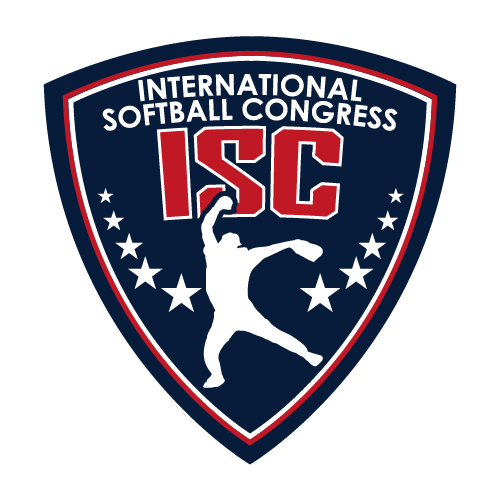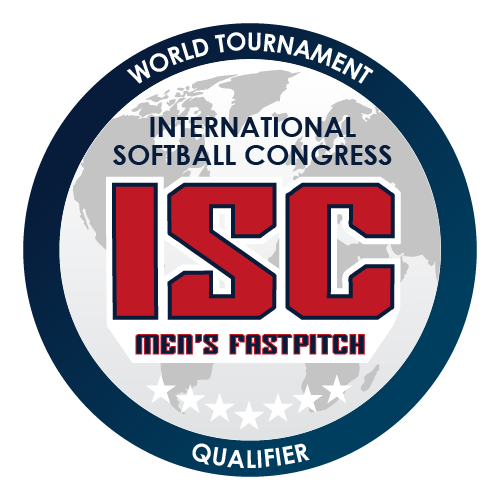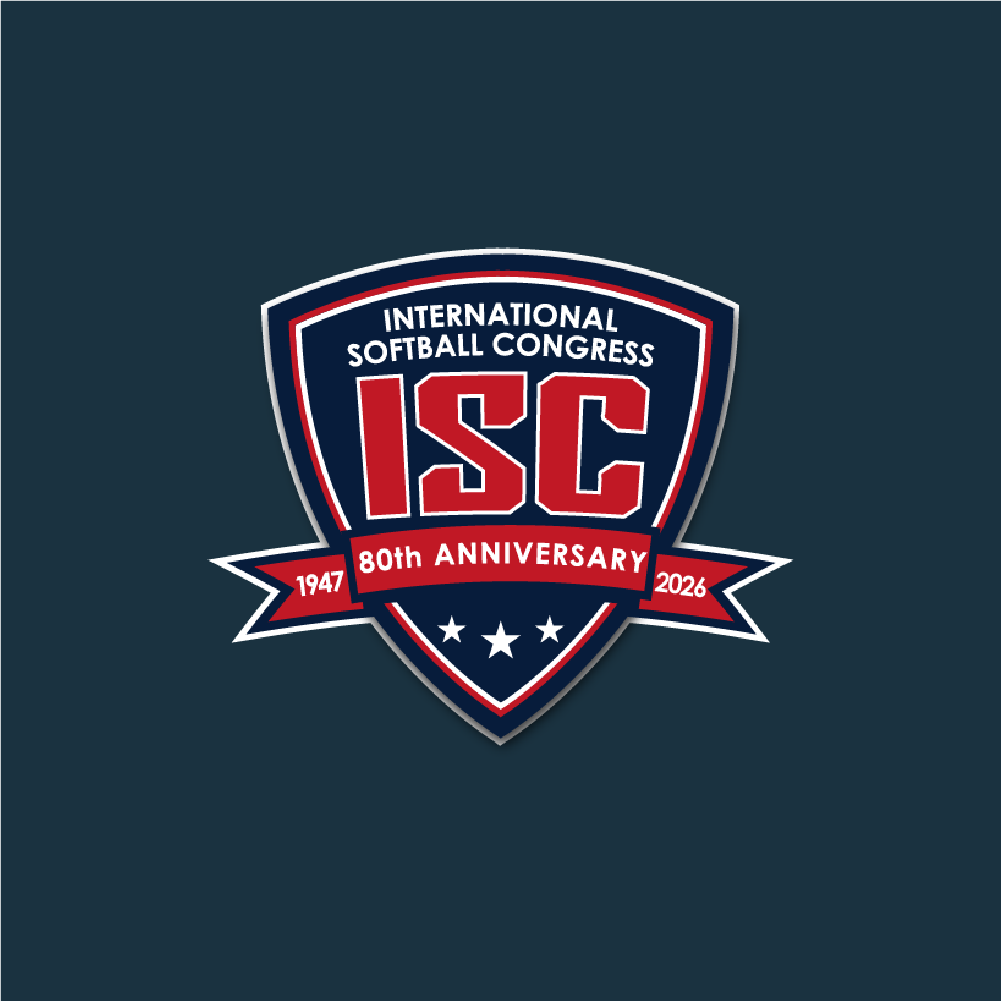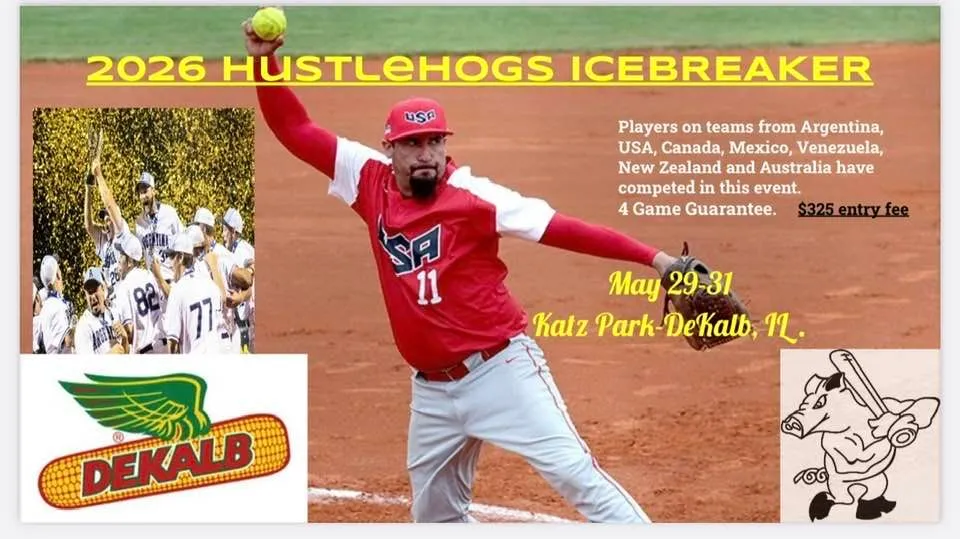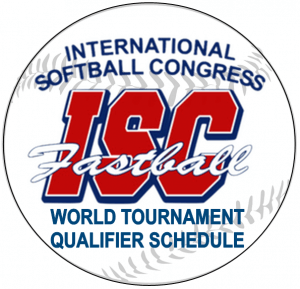1964 ISC World Tournament MVP Dick Thompson’s impact on the Quincy, IL community extended from the courts and ball fields to the classrooms and hallways and beyond. A Hall of Fame athlete, a championship-level official, a respected school administrator and the recipient of the Harry and Carlene Geisler Friend of Children Award, Thompson created a legacy of toughness, tenacity, tenderness and trust in a career spanning more than half a century. Thompson passed away Friday February 2, 2024. He was 89 years old. The ISC extends our deepest sympathies to the Thompson family. A 1953 graduate of Quincy High School, Thompson made an impact as a standout student-athlete. He started as a guard on the 1952 Quincy boys basketball team that lost to Hebron in the state championship game. He also played football and baseball, but his basketball skills drew the interest of college coaches. He was recruited to the University of Illinois, but he left Champaign after his freshman year and transferred to Quincy University. Thompson was a three-year starter for the Hawks and was part of the 1954-55 team that qualified for the NAIA national tournament. It was the first athletic team from QU to qualify for a national competition. The historical significance of that QU team which consisted of Thompson, Ben Bumbry, Edsel Bester, Ed Crenshaw and Bill Lemon was that it featured a lineup of black players, believed to be the first such starting five in college basketball history outside of the historically black universities in the deep south. Thompson began teaching at Quincy Junior High School in 1957. He was named the dean of students in 1972 and became assistant principal in 1977. Thompson retired in 1992 after 35 years working in the Quincy Public School system, but he continued to work in the transportation department as a discipline supervisor for another 21 years. While his teaching career took hold, so did Thompson’s fast-pitch softball career. In the 1963 International Softball Congress World Tournament, while playing for Disco Foods of Rock Falls, Ill., Thompson tossed a no-hitter while going 2-0 with no earned runs allowed. He also hit .333 with two home runs and was named an All-American as a utility player. In 1964, Disco Foods returned to the World Tournament and Thompson went 2-1 with a perfect game in the quarterfinals in which he threw two runners out in the seventh inning to preserve his perfect effort. He also scored both Disco Foods runs. He hit .400 in the tournament and was named MVP and an All-American. In 2000, he was inducted into the International Softball Congress Hall of Fame. He is also a member of the Quincy Blue Devils Sports Hall of Fame, the Illinois Basketball Coaches Association Hall of Fame and the Quincy University Hall of Fame. Thompson also served as a football and basketball official for the Illinois High School Association, becoming one of only a handful of men to play in and officiate a state championship basketball game when he called the 1978 Class A title game between Nashville and Havana. He also was part of a football officiating crew that called four state title games in the early 1980s. Away from the field of play, Thompson made a significant impact as a community leader. In 2005, he became the second recipient of the Harry and Carlene Geisler Friend of Children Award. He received the Dream Big Award from the QPS Foundation in 2017. He served as a member of the Quincy Human Rights Commission and was an elder on the board of The Crossing church. Thompson and his wife, Mary, celebrated their 68th anniversary last June. They have five children, nine grandchildren and 12 great-grandchildren. Their daughter, Lynn, also is a member of the Quincy Blue Devil Sports Hall of Fame.

